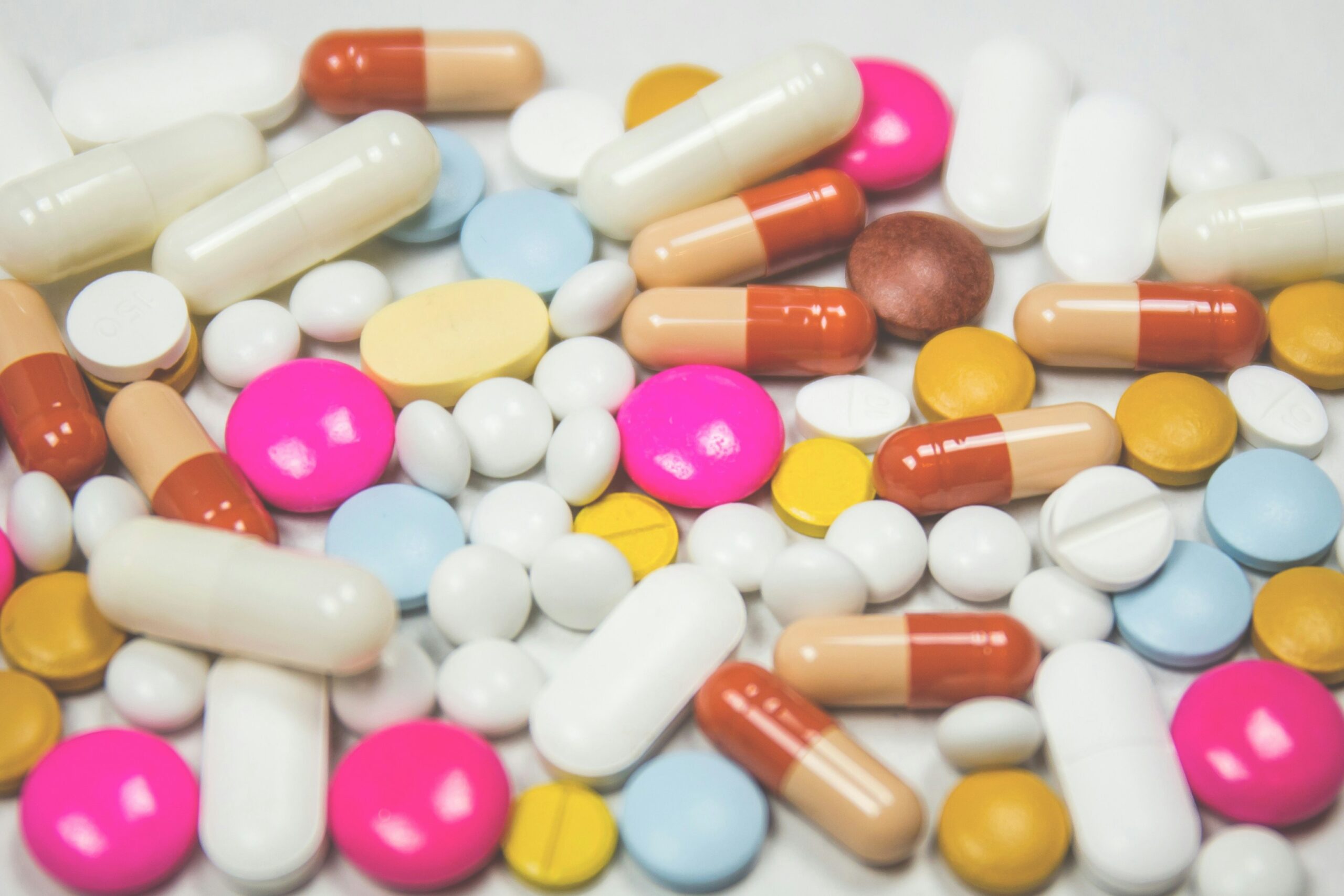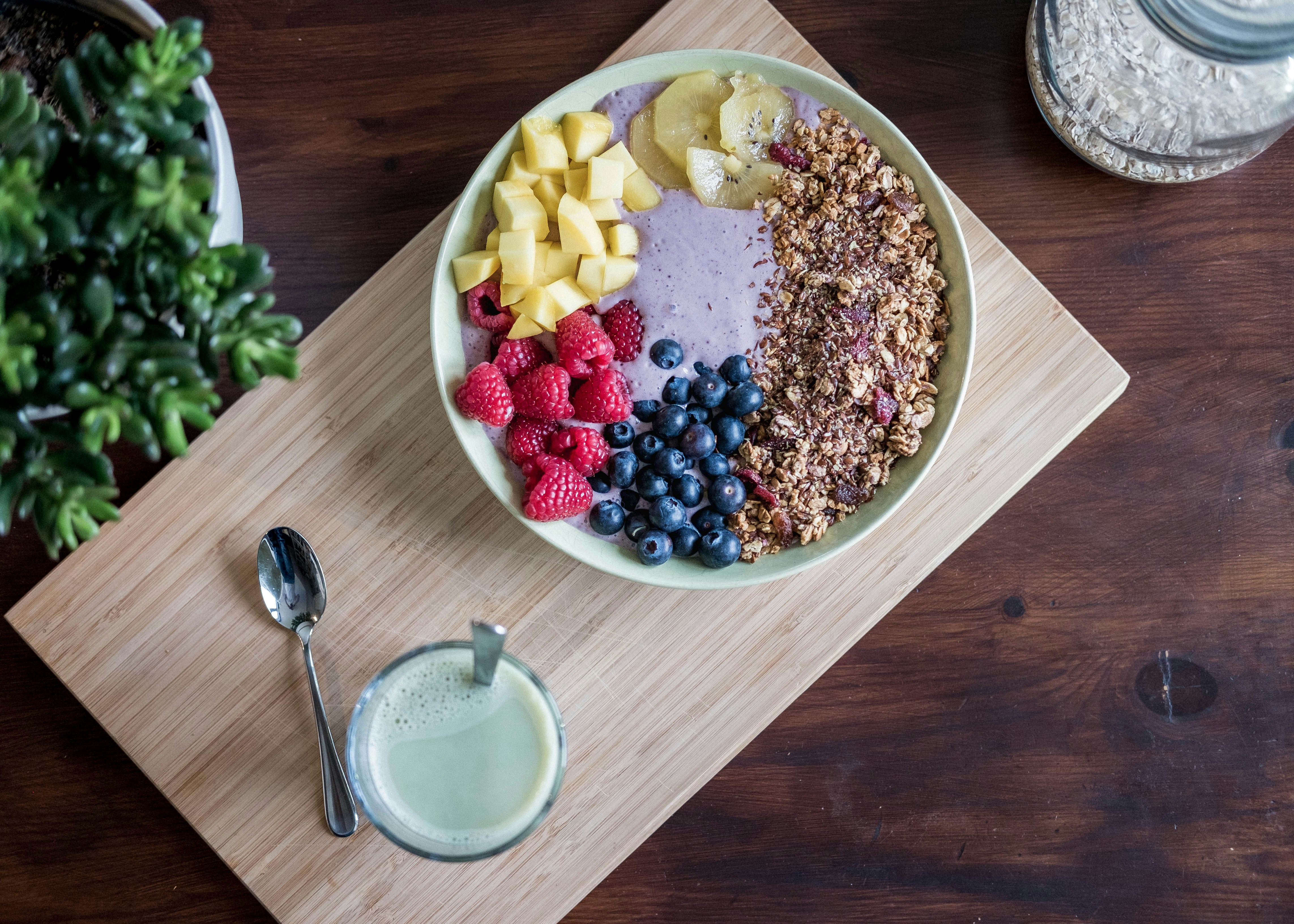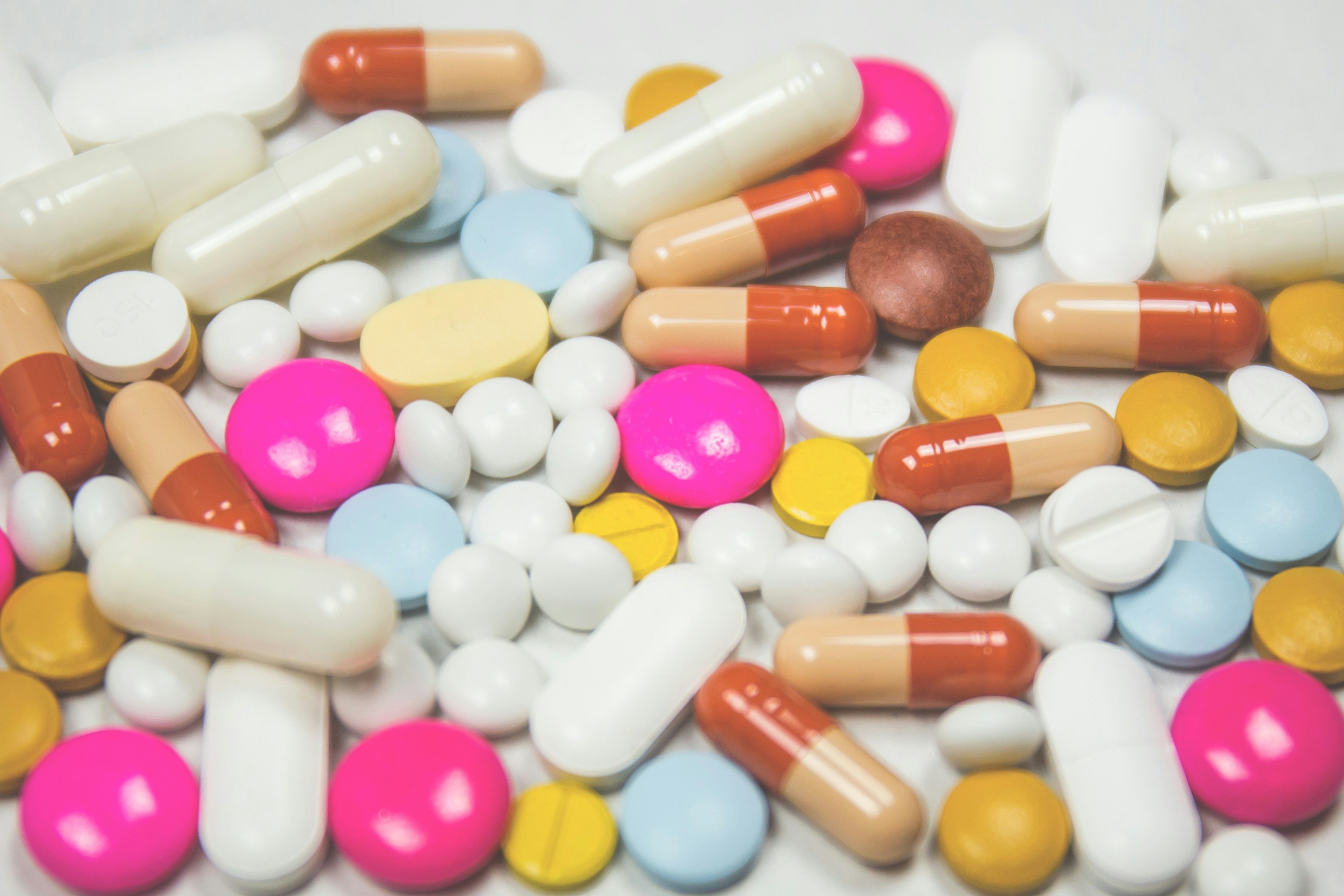In this article, you will discover the fascinating research conducted on nopal and its potential benefits for skin health and wound healing. We will explore the studies that have focused on the role of nopal in promoting skin rejuvenation, reducing inflammation, and speeding up the healing process for wounds. Whether you are curious about natural remedies for skincare or interested in the science behind traditional medicinal plants, this article will provide you with valuable insights into the potential role of nopal in improving skin health and supporting wound healing.
What is Nopal?
Nopal, also known as prickly pear cactus, is a member of the Cactaceae family and is native to Mexico and other arid regions of the Americas. This versatile plant has been used for centuries in traditional medicine and has gained recognition for its potential health benefits. Nopal is not just any ordinary cactus, as it offers a wide range of therapeutic properties that can contribute to both skin health and wound healing.
Definition
Nopal, scientifically known as Opuntia ficus-indica, is a species of cactus that grows in warm and dry climates. Its edible pads, often referred to as nopales, are rich in essential nutrients and have been consumed for their health benefits for generations. Nopal is characterized by its flat, oval-shaped pads covered in tiny spines, which are carefully removed before using the plant for various applications.
Nutritional Composition
When it comes to maintaining healthy skin and promoting wound healing, proper nutrition plays a crucial role. Nopal offers a remarkable nutritional profile that can significantly contribute to overall skin health. It is rich in essential vitamins such as vitamin C, vitamin A, and vitamin K, which have been shown to have positive effects on skin regeneration and protection.
Furthermore, nopal is packed with minerals like calcium, magnesium, and potassium, which help maintain skin hydration and support the healing process. Additionally, it contains beneficial antioxidants and dietary fiber, which further enhance its potential health benefits for the skin.
Skin Health Benefits of Nopal
Nopal possesses a variety of properties that can benefit the health and appearance of the skin. Let’s explore some of these potential benefits below.
Antioxidant Properties
One of the key factors contributing to skin damage and premature aging is oxidative stress caused by free radicals. Nopal contains potent antioxidants that can help neutralize these harmful free radicals, protecting the skin from oxidative damage. By reducing oxidative stress, nopal’s antioxidant properties can promote healthier, more youthful-looking skin.
Anti-inflammatory Effects
Inflammation is a common underlying factor in several skin conditions and can hinder the healing process. Nopal has been found to possess anti-inflammatory properties, which can help reduce redness, swelling, and discomfort associated with inflammatory skin conditions such as acne, eczema, and psoriasis. By calming inflammation, nopal supports the overall health and appearance of the skin.
Moisturizing and Hydrating Abilities
Proper hydration is essential for maintaining healthy skin, and nopal can help with that too. The mucilage present in nopal acts as a natural moisturizer, helping to retain moisture in the skin and prevent dryness. Regular use of nopal-based products can help keep the skin adequately hydrated, promoting a soft, supple, and radiant complexion.
Wound Healing Properties of Nopal
In addition to its benefits for skin health, nopal has also shown promising wound healing properties. Its unique composition contributes to the following mechanisms that aid in the healing process.
Promotes Collagen Production
Collagen, a crucial protein in the skin, plays a vital role in wound healing by providing structural support and promoting tissue regeneration. Nopal has been found to stimulate collagen synthesis, thereby aiding in the formation of new skin tissue and accelerating the healing process.
Accelerates Tissue Regeneration
Nopal contains bioactive compounds that can enhance the proliferation and migration of skin cells at the wound site. These properties can help speed up tissue regeneration, allowing wounds to close more efficiently and reducing the risk of complications.
Enhances Wound Contraction
Wound contraction is a critical step in the healing process, during which the wound edges gradually pull together. Nopal has been shown to promote wound contraction, which can expedite the healing process and improve the overall outcome of the wound.
Studies Investigating Nopal’s Effects on Skin Health
Scientific research plays an essential role in understanding the potential benefits and mechanisms of action behind natural remedies like nopal. Numerous studies have been conducted to explore the effects of nopal on skin health, shedding light on its therapeutic properties. Here are some notable studies investigating the benefits of nopal for skin health.
Study 1: Antioxidant Activity of Nopal Extract on Human Skin Cells
A study published in the Journal of Ethnopharmacology examined the antioxidant properties of nopal extract on human skin cells. The researchers found that the extract exhibited strong antioxidant activity, protecting the skin cells from oxidative damage. This suggests that nopal has the potential to combat skin aging and maintain the integrity of the skin.
Study 2: Nopal-Based Cream for Atopic Dermatitis Treatment
Another study, published in the International Journal of Clinical Pharmacology and Therapeutics, investigated the efficacy of a nopal-based cream for the treatment of atopic dermatitis. The findings showed that the cream improved the symptoms of atopic dermatitis, including itching, redness, and dryness. Nopal’s anti-inflammatory and moisturizing properties were believed to contribute to these positive effects.
Study 3: Nopal’s Moisturizing Effects on Dry Skin
A study published in the Journal of Drugs in Dermatology evaluated the moisturizing effects of nopal on dry skin. The researchers conducted a clinical trial involving individuals with dry skin and found that a nopal-based moisturizer significantly improved skin hydration and reduced transepidermal water loss. These results support the use of nopal in skincare products for enhancing skin moisturization.
Studies Investigating Nopal’s Effects on Wound Healing
Beyond its potential benefits for skin health, nopal has also been investigated for its wound healing properties. The following studies highlight the positive effects of nopal on wound healing.
Study 1: Nopal Extract Accelerates Wound Closure in Animal Models
A study published in the journal Wound Repair and Regeneration examined the wound healing effects of nopal extract in animal models. The results demonstrated that nopal extract accelerated the closure of wounds and enhanced tissue regeneration. This suggests that nopal could be a valuable natural remedy for promoting wound healing in humans as well.
Study 2: Nopal Gel Enhances Healing of Diabetic Foot Ulcers
Diabetic foot ulcers are a common and challenging condition that often requires advanced wound care. A study published in the Journal of Wound Care investigated the efficacy of a nopal gel in promoting the healing of diabetic foot ulcers. The researchers found that the nopal gel significantly improved wound healing rates, leading to faster closure of the ulcers. Nopal’s wound healing properties were attributed to its ability to enhance collagen production and regulate inflammation in the wound bed.
Study 3: Nopal’s Effects on Scar Formation
Scarring is an inevitable part of the wound healing process, and minimizing scar formation is a desirable outcome. A study published in the Journal of Cosmetic Dermatology explored nopal’s effects on scar formation in a clinical trial involving individuals with surgical scars. The researchers observed that the application of a nopal-based gel reduced scar thickness and improved overall scar appearance. These findings suggest that nopal has the potential to enhance wound healing outcomes by minimizing scar formation.
Mechanisms of Action in Skin Health and Wound Healing
To understand how nopal exerts its effects on skin health and wound healing, it is essential to delve into the underlying mechanisms of action. Several key mechanisms have been identified, contributing to nopal’s therapeutic properties in these areas.
Antioxidant Activity
Nopal’s rich antioxidant content enables it to combat free radicals and reduce oxidative stress in the skin. Antioxidants neutralize harmful reactive oxygen species, preventing cellular damage and promoting skin health. By protecting skin cells from oxidative stress, nopal helps maintain their integrity and youthful appearance.
Cellular Signaling Pathways
Nopal has been found to modulate various cellular signaling pathways involved in inflammation and tissue regeneration. Through its bioactive compounds, nopal can regulate the expression of genes and proteins that play crucial roles in wound healing and skin health. By influencing these signaling pathways, nopal can promote a favorable environment for skin rejuvenation and wound repair.
Expression of Growth Factors
Certain growth factors play pivotal roles in skin regeneration and wound healing processes. Nopal has been shown to enhance the expression of growth factors such as transforming growth factor-beta (TGF-β) and vascular endothelial growth factor (VEGF), among others. These growth factors contribute to collagen synthesis, angiogenesis, and overall tissue repair, promoting efficient wound healing and healthy skin.
Formulations and Applications of Nopal in Skin Care
The therapeutic properties of nopal have led to its incorporation into various skincare products. Here are some formulations and applications of nopal in the realm of skincare.
Nopal Extracts in Cosmetics
Nopal extracts have found their way into the formulation of cosmetics, including creams, lotions, serums, and masks. These products often leverage the antioxidant, anti-inflammatory, and moisturizing properties of nopal to deliver a wide range of benefits for skin health. Nopal-based cosmetics can help combat signs of aging, calm inflammatory skin conditions, and support overall skin hydration.
Nopal-Based Gels and Creams for Wound Healing
In the field of wound care, nopal has been utilized in the development of gels and creams specifically designed to promote wound healing. These formulations often harness nopal’s collagen-inducing, tissue-regenerating, and anti-inflammatory properties. Nopal-based gels and creams can be applied topically to wounds, helping to accelerate the healing process, reduce scarring, and improve overall wound outcomes.
Safety and Side Effects of Nopal
While nopal offers a plethora of potential benefits, it is essential to consider its safety and potential side effects.
Allergies and Hypersensitivity
Individuals with allergies to plants within the Cactaceae family, including nopal, should exercise caution when using nopal-based products. Allergic reactions may manifest as skin rashes, itching, swelling, or respiratory symptoms. It is advisable to conduct a patch test before using nopal products and to seek medical advice if any adverse reactions occur.
Interactions with Medications
Nopal may interact with certain medications, including those that affect blood sugar levels, blood pressure, or diuretics. If you are taking medications, it is important to consult with a healthcare professional before incorporating nopal-based products into your skincare routine to ensure there are no potential interactions.
Potential Irritation or Sensitization
While nopal is generally considered safe for topical use, some individuals may experience skin irritation or sensitization. It is recommended to start with a small amount of nopal product and monitor the skin’s reaction. If any irritation occurs, discontinue use and consult a dermatologist.

Future Research and Implications
Despite the existing body of research on nopal’s effects on skin health and wound healing, there are still many unexplored areas of study. Further research in these areas could deepen our understanding of nopal’s potential and lead to exciting new discoveries in skincare and wound care.
Unexplored Areas of Study
There is a need for more studies examining nopal’s effects on specific skin conditions, such as acne, rosacea, and photoaging. Additionally, investigating the long-term effects of nopal-based products and their potential for preventing skin damage and maintaining skin health could offer valuable insights.
Clinical Trials for Nopal-Based Products
Conducting well-designed clinical trials can provide more robust evidence for the efficacy and safety of nopal-based products in skincare and wound healing. Such trials would shed light on the optimal formulations, dosages, and treatment durations for maximizing the benefits of nopal.
Integration of Traditional Knowledge
Integrating traditional knowledge and practices regarding the use of nopal in skincare and wound healing can offer a holistic approach to treatment. Collaboration between traditional healers and scientific researchers could uncover unique insights and formulate innovative products that respect both ancient wisdom and modern science.
Conclusion
Nopal, with its rich nutritional composition and therapeutic properties, holds significant potential for enhancing skin health and promoting wound healing. Its antioxidant, anti-inflammatory, and moisturizing abilities, along with its ability to stimulate collagen production and accelerate tissue regeneration, make it a valuable ingredient in skincare and wound care products. However, it is important to consider individual sensitivities and potential interactions with medications before incorporating nopal-based products into your routine. As research continues to uncover the benefits and mechanisms of action of nopal, it is clear that this humble cactus has much to offer in the realm of skin health and wound healing.




